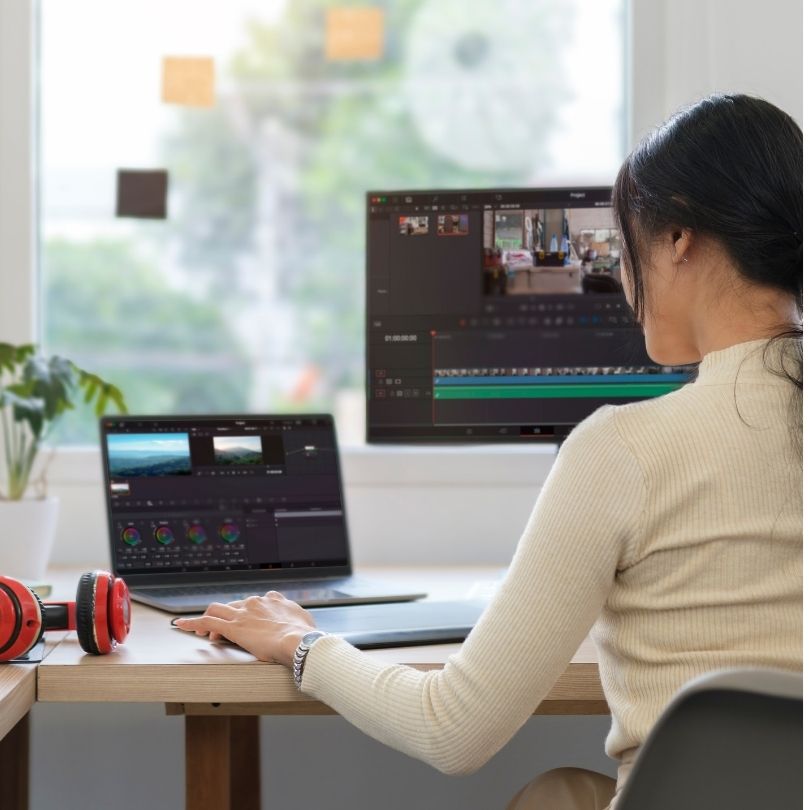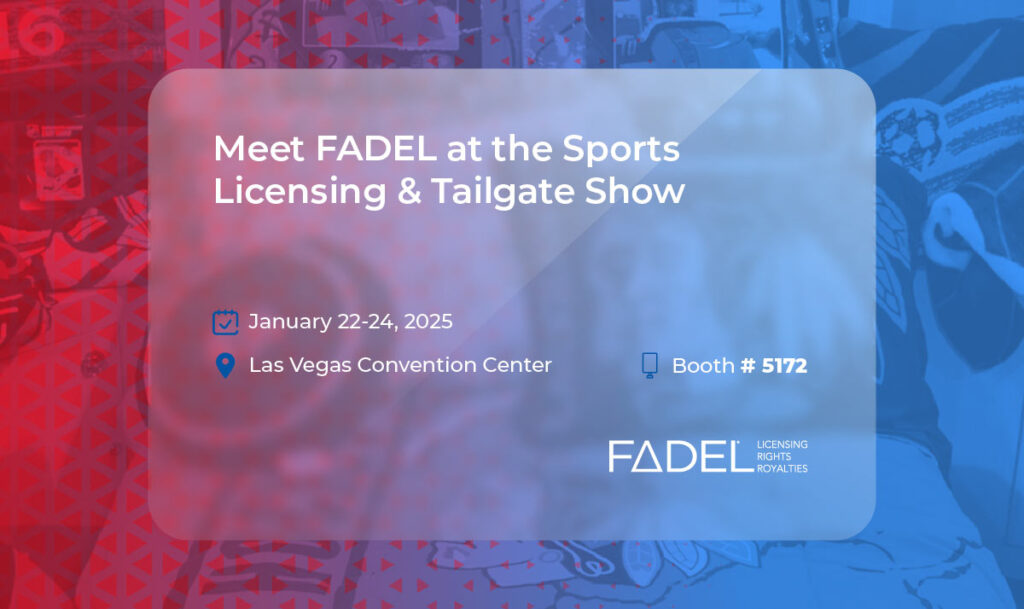
Brands Beware: 4 Music Licensing Pitfalls
Accompanying your video productions with music can elevate your brand story and generate significantly more views. However, using music in your brand’s marketing campaigns without securing the proper licensing rights can lead to costly lawsuits. What’s more, brands can potentially be held liable for content that their paid influencers post on their behalf. Music labels are increasingly watchful for copyright infringement on websites and social channels, and lawsuits against brands are on the rise.
Here are four things that savvy brands need to be on the lookout for when creating or promoting media with a musical component.
1. AI-generated recordings are under scrutiny. Machine learning (ML) algorithms pull from existing music, analyzing patterns, styles, rhythms, melodies, and chords to create AI-generated compositions. ML then informs, or trains, the artificial intelligence (AI). AI can even be asked to clone voices or emulate styles. The problem is that it has not yet been legally determined whether training on copyrighted material is in itself a copyright infringement.
Prominent novelists and non-fiction writers are part of a class-action lawsuit against OpenAI, accusing them of copyright infringement for training ChatGPT, an AI chatbot that is increasingly being used for content generation, using their books. The complaint stated “The success and profitability of OpenAI are predicated on mass copyright infringement without a word of permission from or a nickel of compensation to copyright owners.”
The methods behind training AI on copyrighted music are essentially the same, pulling from a pool of human-generated works. While, as of the publication date of this article, we are not aware of any lawsuits from musicians or music labels against AI companies, Sony has warned the tech industry that unauthorized use of its music to train AI models infringes on their intellectual property. In an open letter posted on May 16, 2024 to Sony’s website, the music giant indicates that they will hold the tech industry accountable. (Interestingly, Sony has its own AI-generated music platform called Flow Machines that uses machine-learning technology.)
There may not be any clear-cut determinations around the legal framework for AI-generated content, but brands may be well advised to steer clear, at least for now. AI-generated music is under scrutiny in the public eye, and if music is determined to be derived from a copyrighted work, even innocent infringement can carry fines and bad press.

How far can AI take marketing? This AI-generated image and text show how AI is already creating music and reshaping industries.
2. Brand spinoffs sacrifice control. In 2006, TED (short for Technology, Entertainment, and Design) Talks took the world by storm, giving anybody with a web connection access to the innovative and influential insights of some of the world’s most respected thinkers, leaders, and teachers. The movement was based on “ideas worth spreading,” attracting brilliant and engaging speakers to take the stage and share their perspectives.
In 2009, the TED organization launched TEDx, providing free licenses to local organizers who wanted to host their own TED-like events. There are just three requirements: the speakers need to be unpaid, the events need to be not for profit, and talks need to be released to TED through Commons Media. This spinoff has resulted in brand dilution, arguably diminishing the prestige of the brand but also reducing the control the TED organization has over the quality of talks that are hosted and posted.
While the decision to spin off or branch out on a core brand is usually intended to broaden audience reach or create new revenue streams, it is important to assess what kind of control may be lost and how disparate marketing approaches could impact the brand. Subdomains have their own marketing channels, each of which can introduce risk. These challenges can be mitigated by distinct quality control measures and software that empowers brands to monitor and track how they are being portrayed on websites and social media.

3. User-generated content can cost a brand. While UGC is ethically and legally owned by the content creator, brands could be putting themselves at risk if they share trending videos that use unlicensed music. Sony Music Entertainment’s lawsuit against OFRA Cosmetics—which could result in damages of up to $50 million—was based on influencer-made content that OFRA re-posted on its own channels.
According to Davis+Gilbert, a law firm that specializes in marketing communications, OFRA’s affiliate program stipulates that OFRA “Has the authority to supervise, suspend and/or terminate influencers that use copyrighted material without permission. It also has the right to monitor influencers’ creation of branded posts and could place conditions, like complying with copyright rights, on the influencers’ right to receive financial benefits under the program.”
If the brand reserves the right to monitoring and supervision, it may also be construed that the brand is taking responsibility for material that is posted by influencers, thus putting them in a hot spot. Such is the case with Sony Music Entertainment’s $139 million lawsuit against Marriott, which holds the brand accountable for not only its own posts, but those of its influencers as well.
4. Modifications pose copyright infringement risk. The resurgence of nightcore—speeding up music by about 35%–is rampant among user-generated content, however despite alterations, copyrights still apply. Modified music diverts royalties from rights holders, and this can be another pitfall for brands.
Monitoring platform Pex found hundreds of millions of modified audio tracks distributed across 20+ media platforms in 2023. TikTok, which hosts the highest volume of music-accompanied video of any social platform, also has the most modified content, with over 38% sped-up, slowed-down, pitch modified, or otherwise altered from the copyrighted material.
The Bottom Line: Vigilance Falls to the Brand
As you can see, there are plenty of opportunities to unintentionally fall prey to copyright infringement through no fault of your own, and audio is just another facet of the larger rights compliance picture. You can protect your brand with content tracking technology. FADEL Brand Vision Content Tracking is a powerful platform that helps keep content consistent, compliant, and on-brand. Users can not only run checks against the content in their digital asset management system, they can track and monitor published content. Brand Vision Content Tracking identifies images and videos across brand, e-commerce, social, and partner websites.
This fall, Brand Vision Content Tracking will support audio as well. With the ability to identify modifications and AI-generated content along with lightning-fast checks for influencer and subdomain compliance, it offers the tools you need to protect your brand against copyright infringement.
Contact FADEL today for a demo. We can set you up to start monitoring target sites in just one day. Are you interested in outsourcing your compliance checks? Our managed services team can support that too.











